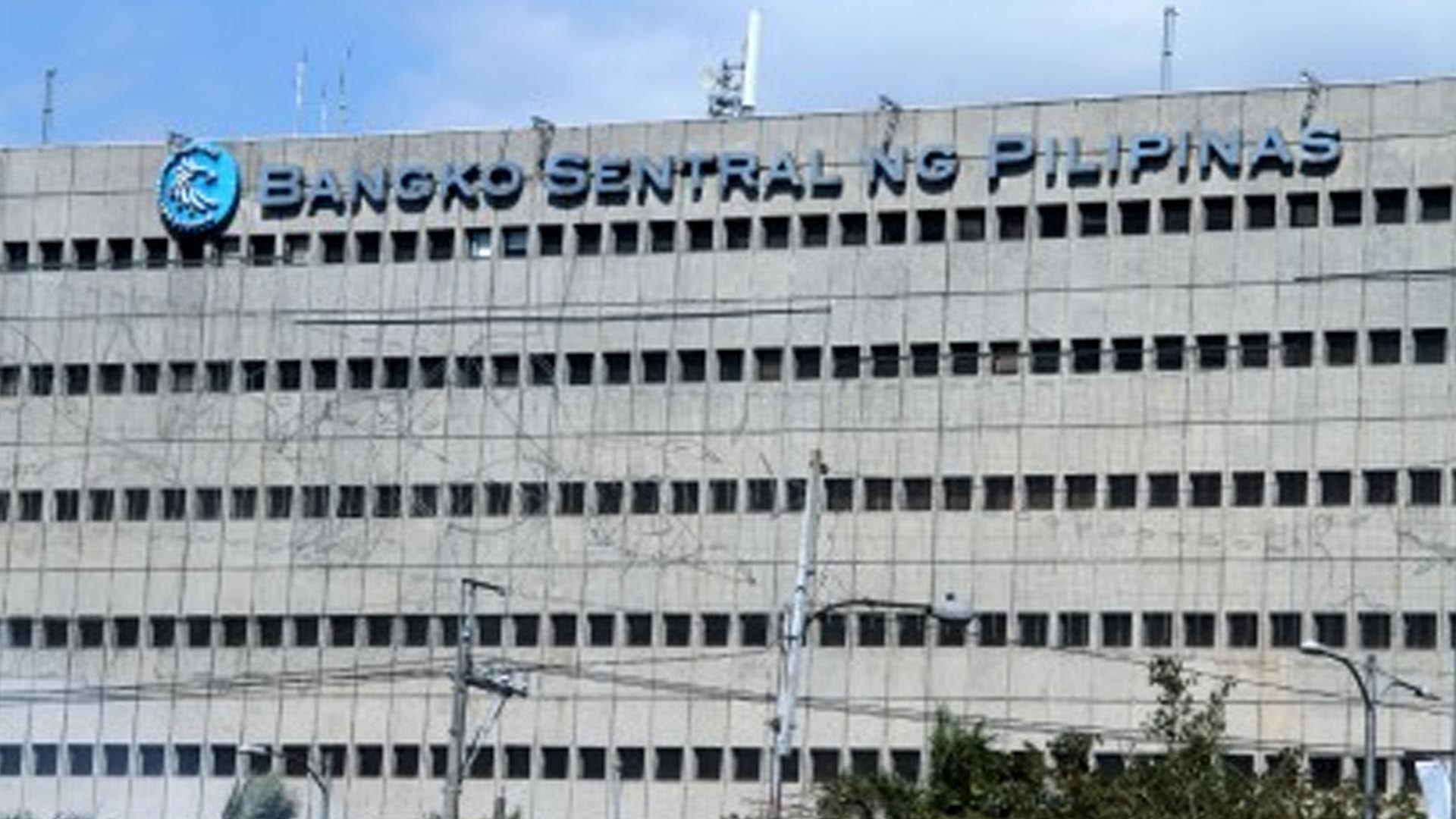The government’s fight to address the impact of coronavirus disease 2019 (Covid-19) got another boost after the Bangko Sentral ng Pilipinas (BSP) decided to purchase PHP300 billion worth of short-term government securities to help fund programs.
In a statement Monday, the central bank said its policy-making Monetary Board (MB) approved the agreement under a repurchase agreement with the Bureau of the Treasury (BTr) with a maximum repayment period of six months.
BSP Governor Benjamin Diokno said monetary officials “continue to support the government’s initiatives and objectives during the enhanced community quarantine (ECQ)”.
Diokno said the additional funding is targeted to be utilized to support people, especially those from Luzon who are affected by the month-long enhanced community quarantine until April 12, 2020, for the next 60 to 90 days.
“Rest assured that the BSP, in coordination with the relevant government agencies, will continue to fulfill its mandate with the benefit of the Filipino people in mind,” he said.
In a reply to a message from the Philippine News Agency (PNA), Diokno said the BSP Charter allows this debt purchase provided that the tenor of the securities is three months, renewable for another three months and should not exceed the average of three years of revenues.
“For prudential reasons, we interpret this to mean that it should be used only during extraordinary times –and these are obviously extraordinary times,” he said.
Diokno discounted fears this will just turn into a liability and that the BSP will face the same consequences like that of its predecessor, the old Central Bank of the Philippines (CBP).
He labeled these concerns as “misplaced”, adding the country is faced with one in a lifetime health crisis.
“Should BSP refuse to help the national government fight the Covid-19 pandemic, with its health, social, and financial implications for fear that it might be likened to the old CBP? The members of the Monetary Board chose (to) be on the side of the Filipino people,” he said.
National Treasurer Rosalia de Leon said the debt purchase is the most cost-effective way for them to provide an “extra lifeline” to the national government to support the programs to fight the pandemic.
In Viber messages to journalists, she expressed confidence that the national government can repay this debt because “we have deferred income tax payments and we also expect other inflows e.g. when capital markets open and (from) ODAs (official development assistance).”
The postponed income tax payments were due to the government’s decision to extend by a month the deadline of the filing and payments of the 2019 income tax returns (ITRs) from April 15 to May 15.
De Leon said budget realignment will aid in the bid to provide support to people affected by the month-long quarantine, but added they intend to keep fiscal year 2020 expenditures, especially infrastructure.
“Budget realignments (do) not mean reduction,” she said.
Malacanang has asked Congress to allow the President to realign the budget to come up with additional funds to support people and sectors affected by the Covid-19 pandemic.
The additional fund is on top of the PHP27.1 billion earlier announced by the government for the same purpose.
Economists hailed the news about the BSP’s additional stimulus program support.
“This is good. The show of a coordinated response is a good sign and the markets will take this into account,” Union Bank of the Philippines (UnionBank) chief economist Carlo Asuncion told PNA.
He said such exercise provides stability for the financial system as the central bank is behind the efforts to combat Covid-19 on the supply-side and not just on the demand-side.
He does not see any negative impact of the securities purchase vis-à-vis the central bank’s ability to finance its operations.
“I think we have much fear already about Covid-19 spreading…These are extraordinary times needing extraordinary measures,” he said.
Asuncion said the reforms implemented by the BSP and the national government in recent years helped ensure better policies.
“There were a lot of reforms that cannot be undone and will have to assure that current BSP moves will be accountable and transparent. Most of all, BSP moves will be in coordination to address a huge threat to the Philippine economy,” he added.
ING Bank Manila senior economist Nicholas Mapa said the BSP has “done much of the heavy lifting in terms of stimulus efforts to combat the economy fallout from Covid-19”.
Despite this, he said the BSP continues to have ample monetary space with the policy rate at 3.25 percent and reserve requirements at 14 percent.
Mapa said the debt purchase by the BSP may help finance the proposed fiscal rescue package, which in turn, he hopes would cover income replacement, tax forbearance, and liquidity or loan support.
Aside from this latest stimulus contribution from the BSP, he added the central bank has assured the market of adequate liquidity and will likely continue to keep the term deposit facility (TDF) window closed until further notice.
He further said the TDF window had routinely siphoned off roughly PHP100 billion worth of liquidity, but most banks will likely not be able to access the deposit window given tightening liquidity conditions.
“We expect BSP to remain open to further easing via further rate cuts and possible reductions to the reserve requirements to keep businesses and individuals afloat during the ongoing Covid-19 episode,” he added. (PNA)





















